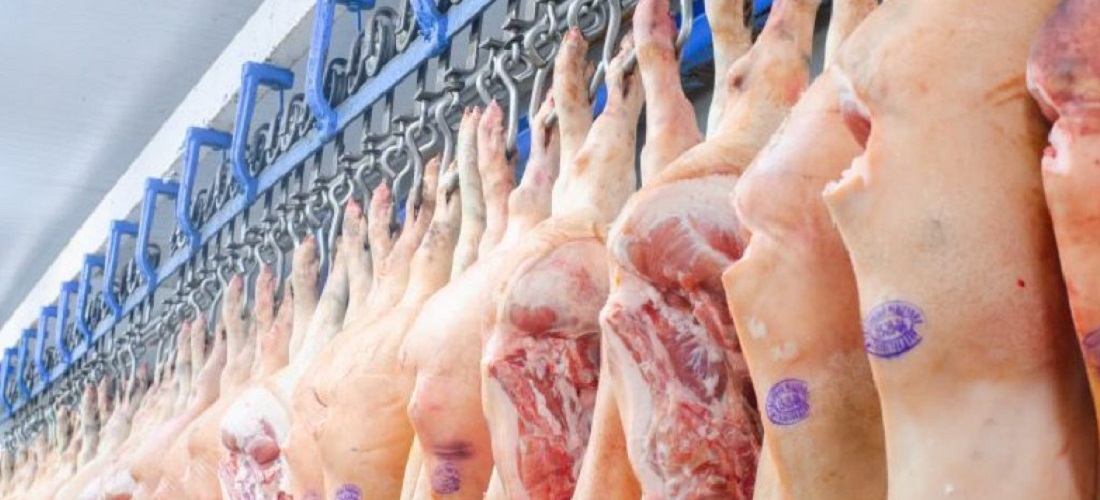
Coronavirus puts a halt on new slaughterhouses being licenced to export to China
Mar, 31, 2020 Posted by datamarnewsWeek 202015
Since the beginning of the year, China has not approved any more Brazilian slaughterhouses for export due to the coronavirus epidemic. All qualifications are suspended until there is relief from the public health crisis. This action comes despite the Brazilian and Chinese governments reaching an agreement in January for a new system that aims to speed up approvals.
According to the International Affairs Secretary of the Agriculture Ministry, Orlando Leite Ribeiro, the ministry tried to contact Chinese representatives earlier this year about starting to use the new system, but at that time due to the coronavirus emerging, the General Administration of Customs China (GACC) was not functioning normally. “What is happening is a temporary mismatch. China was affected first by COVID-19 and now, when China started to return to normal, Brazil was affected by the coronavirus ”, said Ribeiro.
China is Brazil’s largest customer for beef, pork and chicken. Dozens of slaughterhouses approved last year have already obtained export licenses and have not been affected, said Ribeiro. China approved 25 new plants in September and another 13 in November. The new system agreed with Brazil in December allows China to carry out “virtual inspections” at the country’s plants, via a remote video link, replacing the previous need for a Chinese delegation to visit the industrial units in person. An initial test using this system was carried out in September.
The following graph shows Brazilian exports of meat to China as of January 2015:
Chart source: DataLiner
Source of report: Reuters
-
Grains
Feb, 16, 2023
0
Paranaguá port leads soy exports from Brazil in January
-
Other Cargo
Aug, 22, 2023
0
Russia increases fertilizers exports to key markets India, Brazil
-
Ores
Jan, 02, 2025
0
China’s 2025 iron ore imports set to hit new high even as steel demand dwindles
-
Jan, 03, 2022
0
Ningbo struggles with another Covid-19 outbreak



